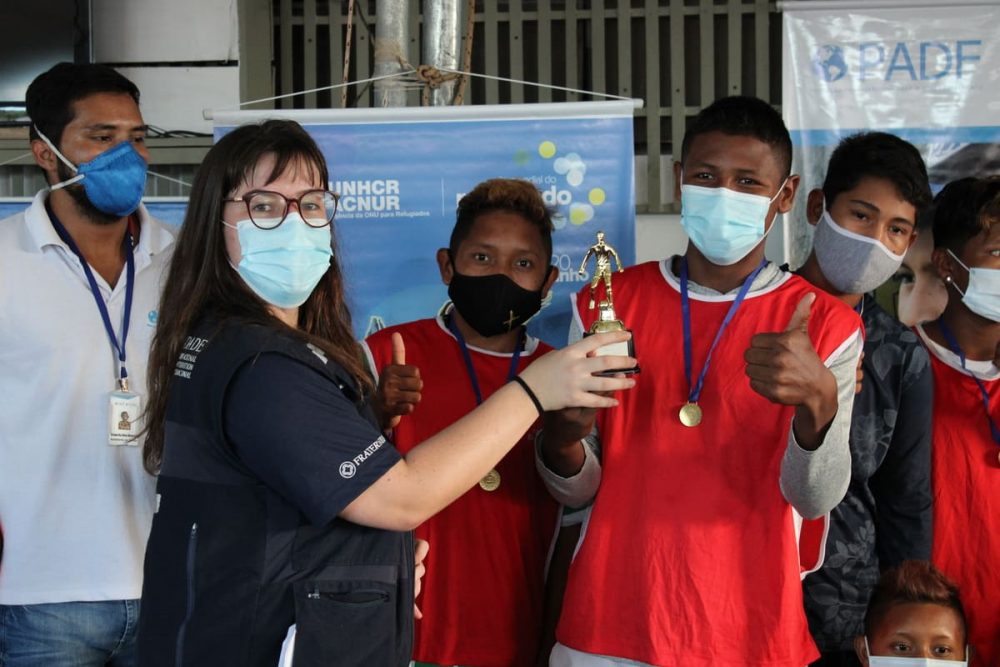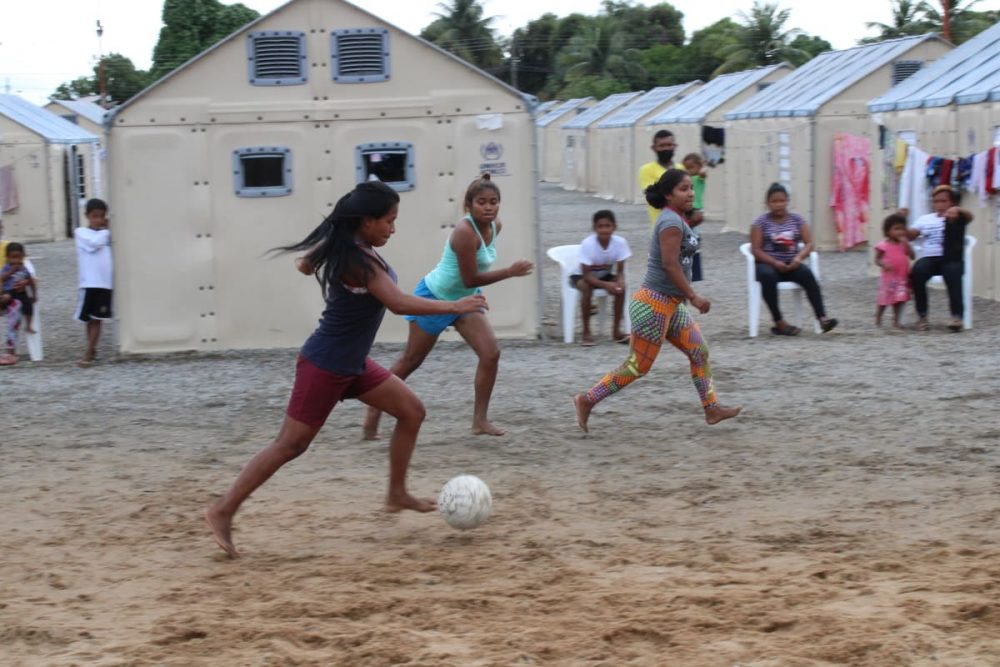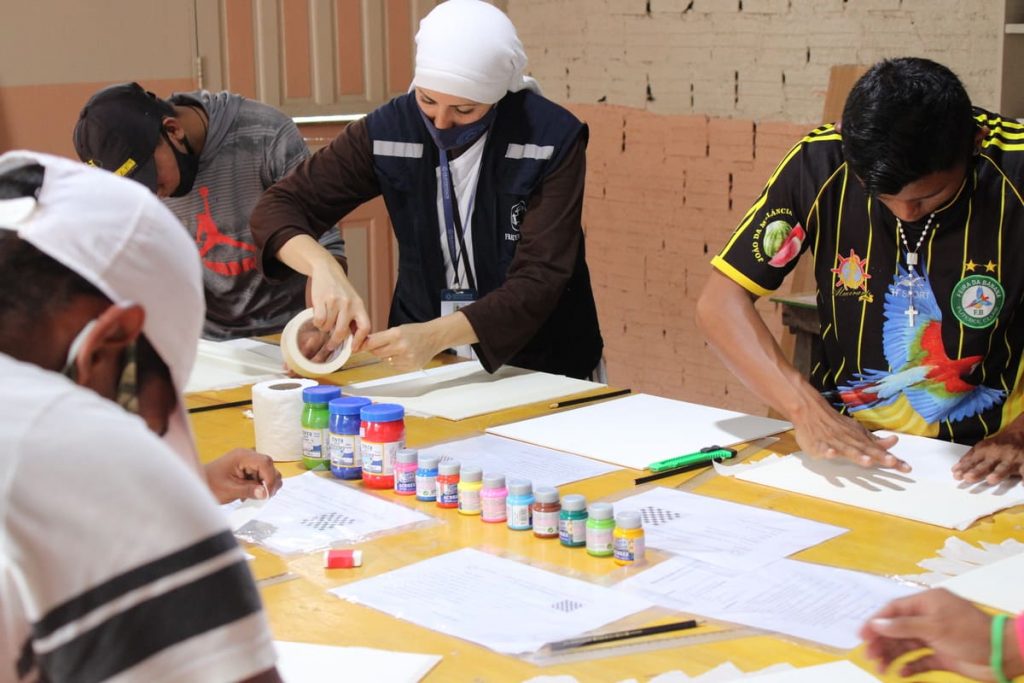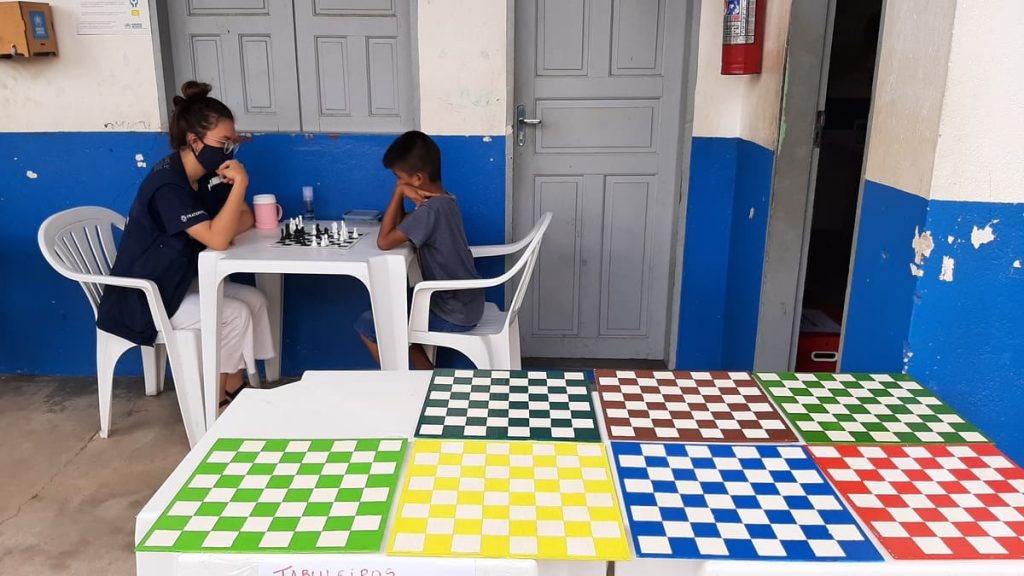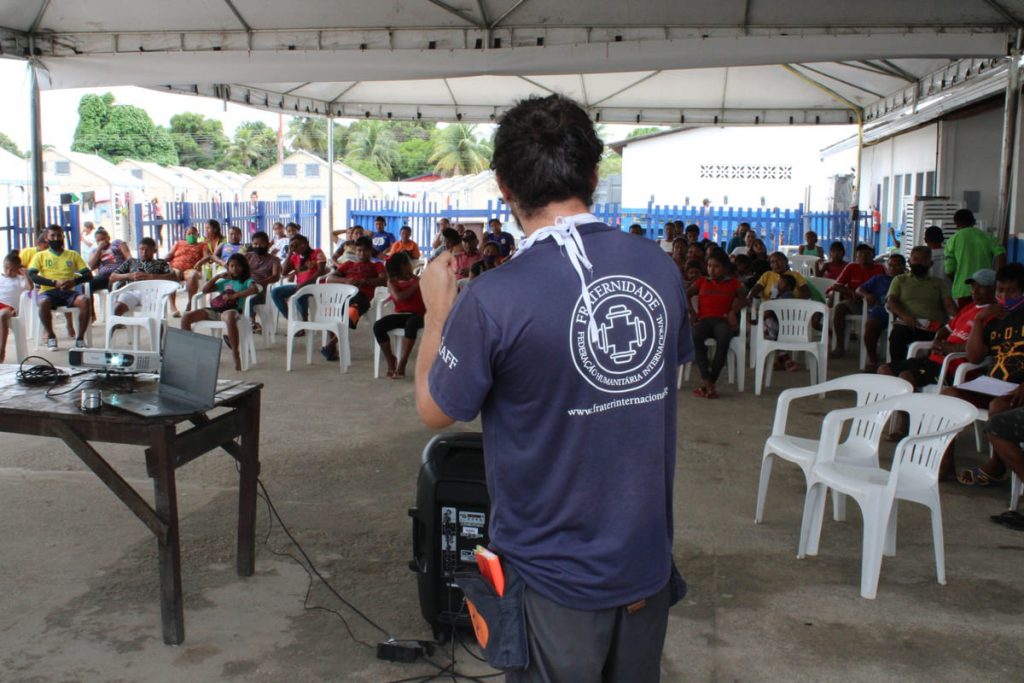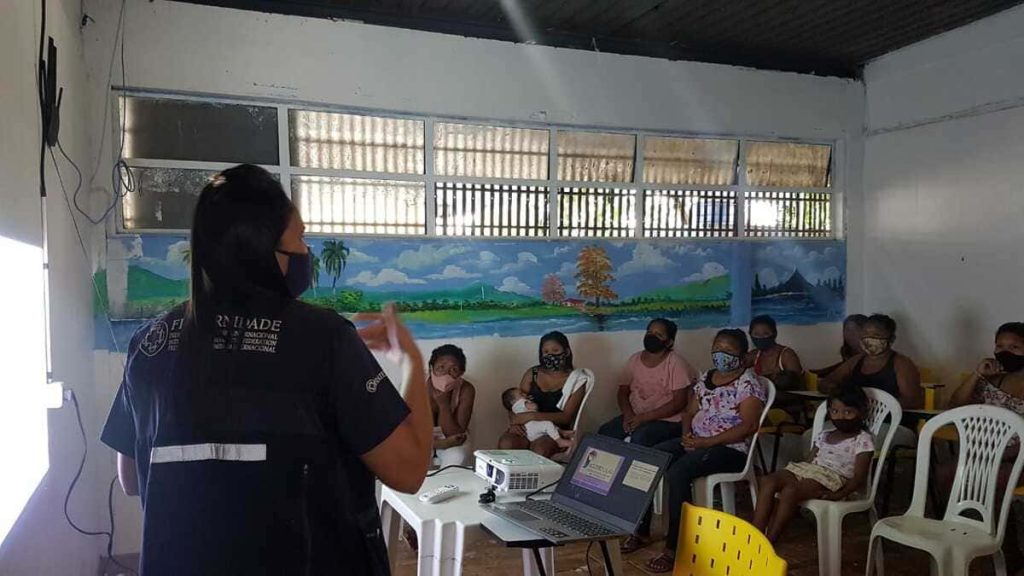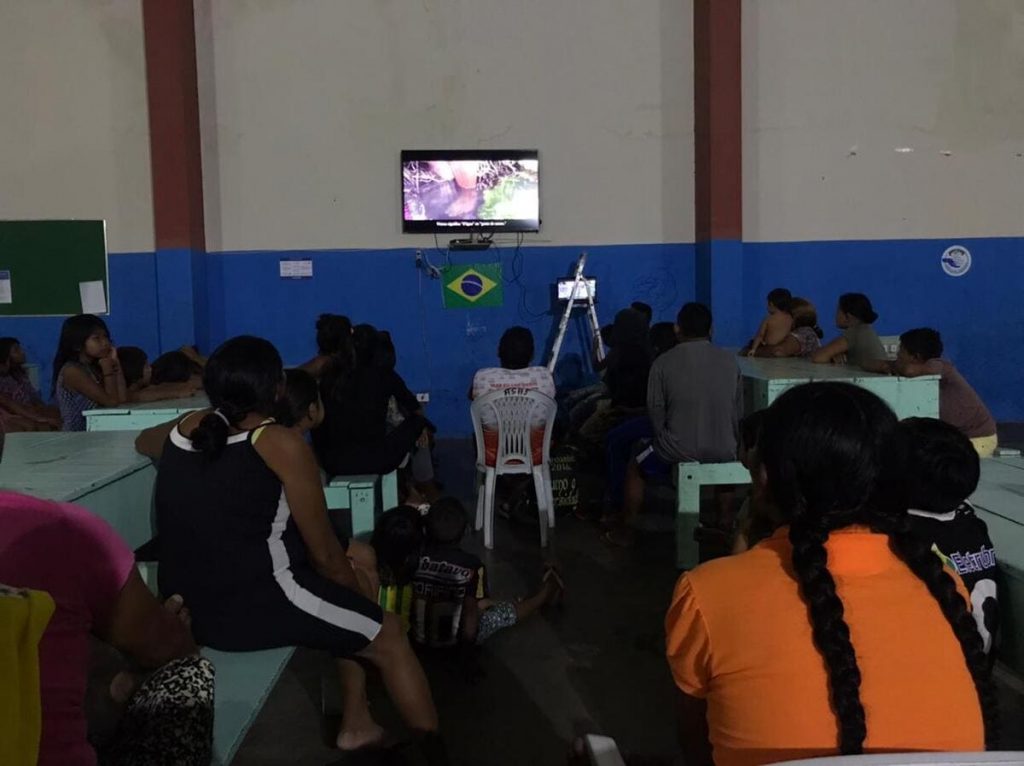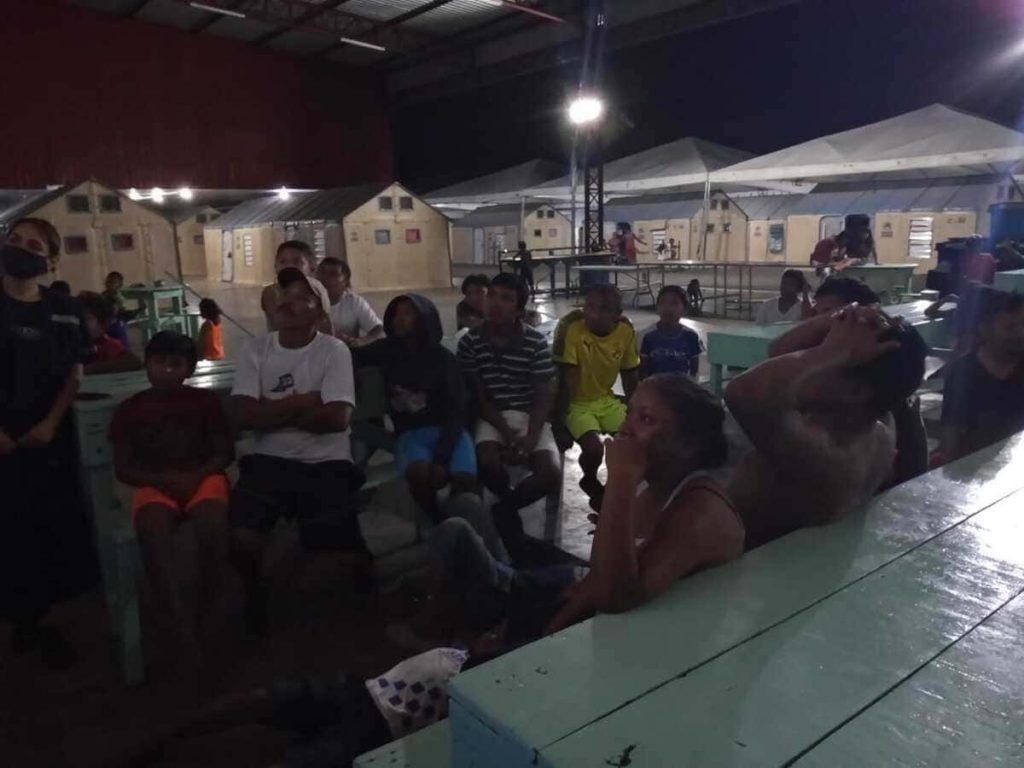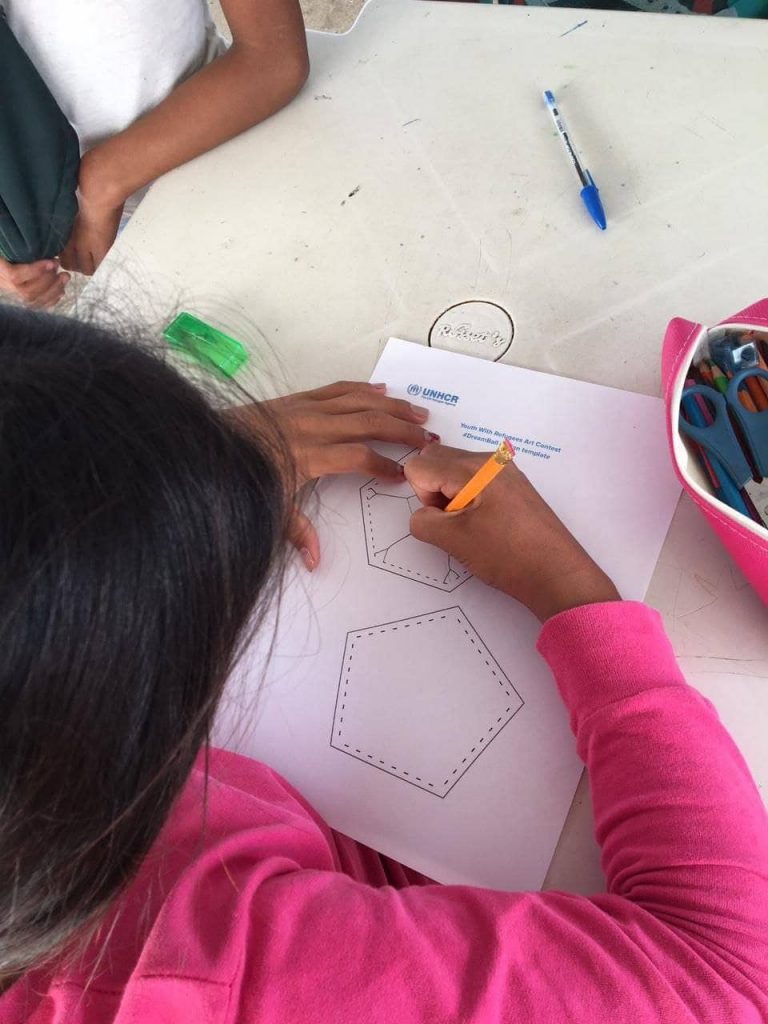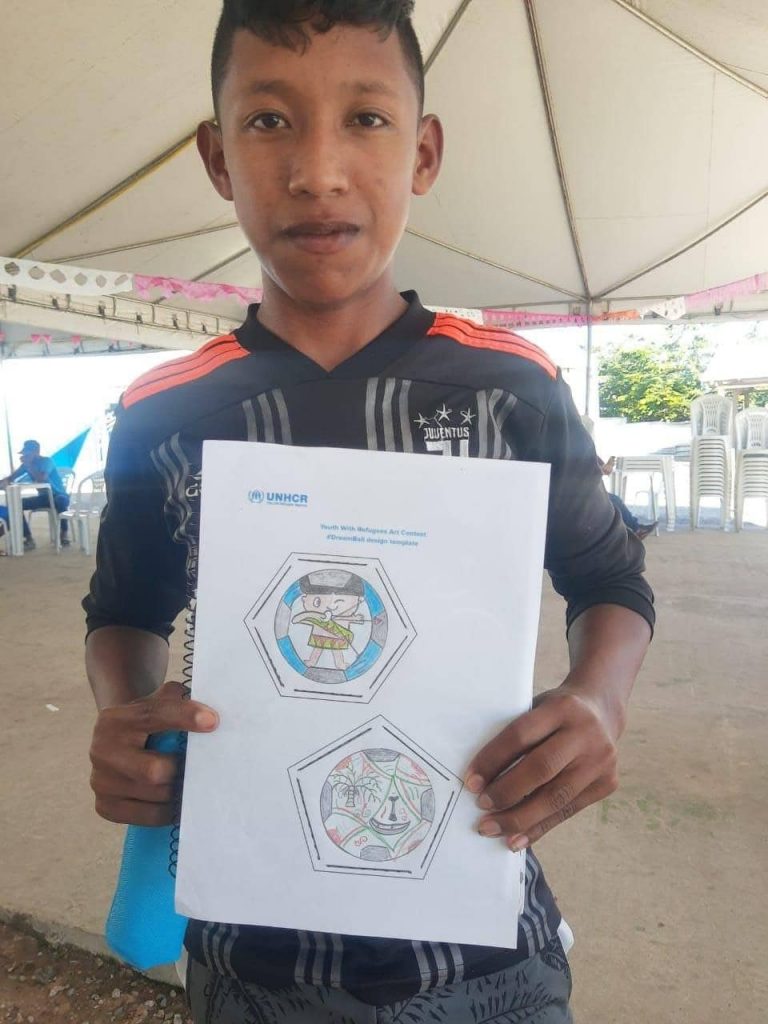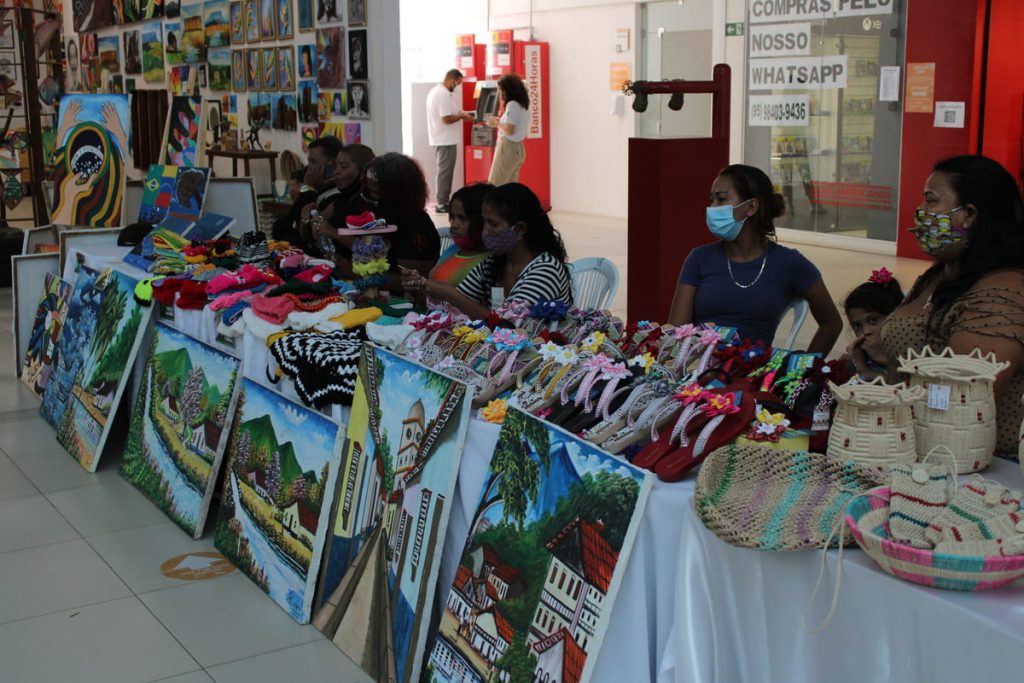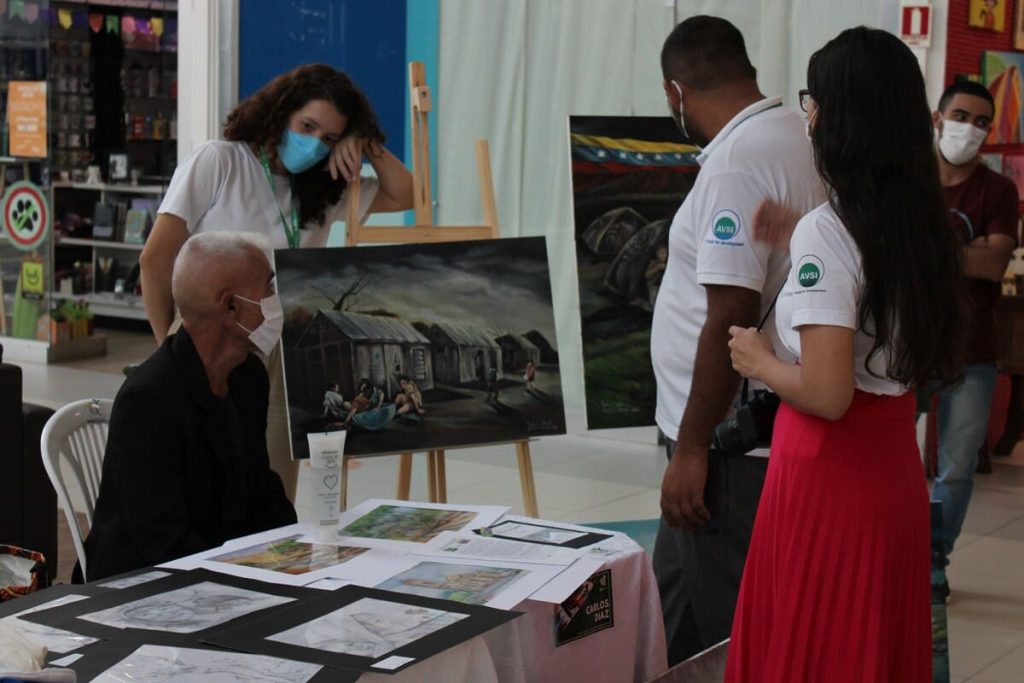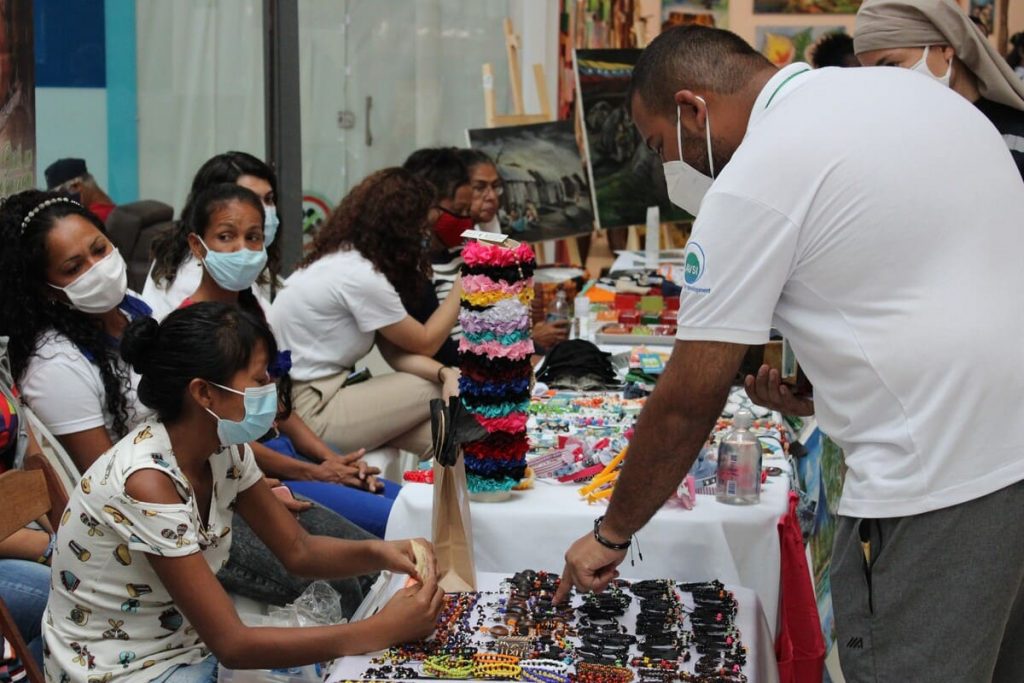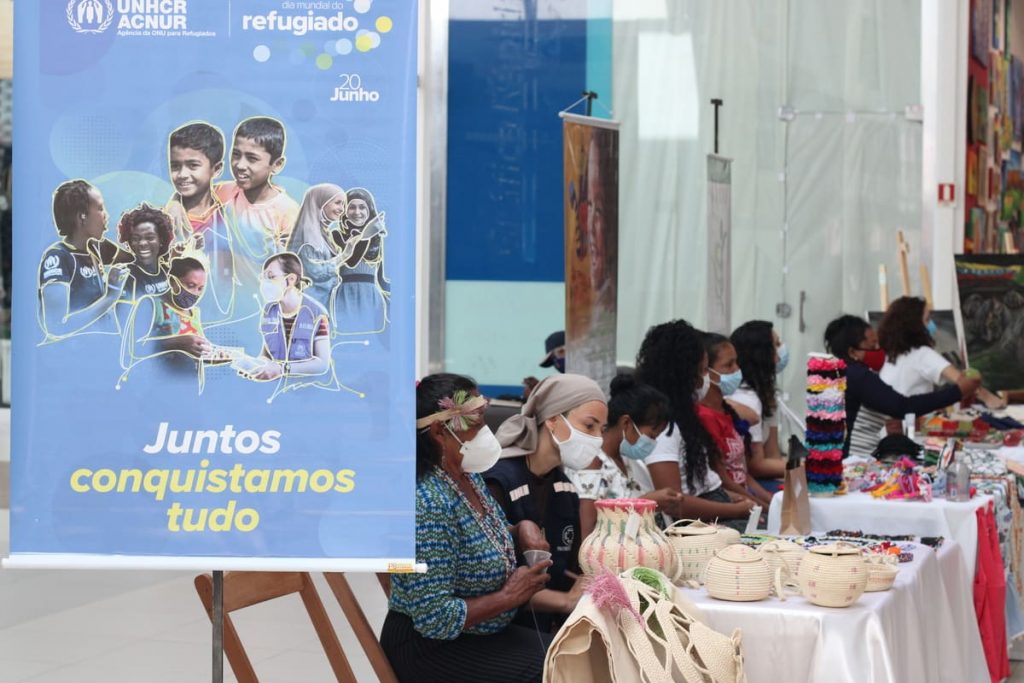Celebrating the courage and resilience of those forced to leave everything behind.
Commemorating June 20, the World Day of the Refugee is a date for celebrating the courage and resilience of people who are forced to flee their countries because of persecution, armed conflicts, general violence and a massive violation of human rights. The date was established by the UN in December of 2000, and from then until now, every year, in the month of June, institutions dedicated to humanitarian causes carry out various activities to highlight the importance of the inclusion of refugee people, demonstrating how much can contribute to the countries that took them in, and making society and governors aware of the situation of humanitarian crises and the forced displacements in the world.

According to the last edition of “Global Trends“, the annual report published by the institution on June18, the countries with most refugees in the world are Syria, Venezuela (where the migratory flow into Brazil originates), followed by Afghanistan, South Sudan and Myanmar. Among the countries receiving people in the world, Turkey is in first place, followed by Colombia. The report also contains other important data, such as the estimate that between 2018 and 2020, one million children were born as refugees worldwide, or that 42% of the forcibly displaced people around the world are younger than 18.
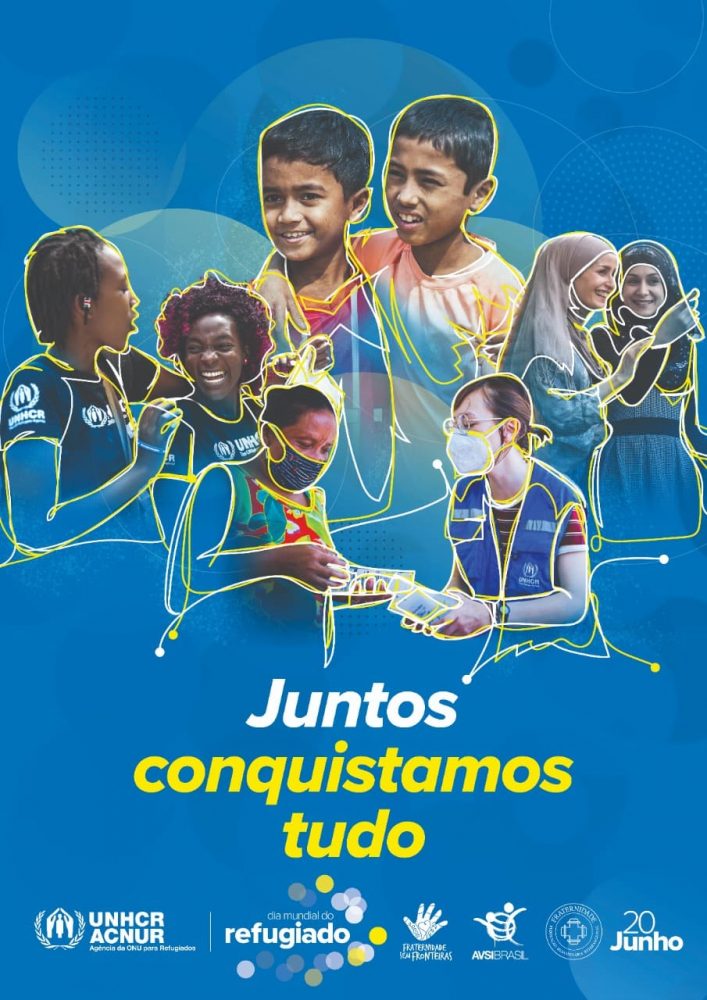
The intense schedule of Refugee Week in the indigenous shelters
In this context, the week leading up to June 20 was marked by a series of activities such as the Refugee program in indigenous shelters under the management of Fraternity – International Humanitarian Federation (FIHF) : sports tournaments, gymkhanas, workshops, exhibition of films and documentaries, conversation wheels, storytelling, lectures on the regions of Brazil and about the Warao people, dances and cultural presentations.
There were sports tournaments of various kinds in all the shelters: volleyball, soccer, dominoes and ping pong, and different categories; adult, children, women and men. At the Tancredo Neves Shelter there were even prizes for the winners.
Another highlight of the week’s celebrations was the Chessboard Crafting Workshop, as an incentive for sport and handicraft production. This took place in the Carpentry area of the New Canaan Shelter, and there were excellent results. As a complement, the children received the first notions of the classic board game.
The team of Humanitarian Fraternity (FIHF) were facilitators in the conversation rounds on subjects important to the host community. The anthropologist, Fernando Fileno worked with the subject on Indigenous Rights in all the shelters of Boa Vista. Social Assistant, Vanessa Albuquerque, from the protection team of the Tancredo Neves Shelter, worked on the subject of Gender-based Violence with the female public.
The Garden Forest Shelter had an intense evening film program throughout the week. The immigration of indigenous Venezuelans and refugees from different parts of the world were the central subject of the films and documentaries.
At the Janokoida Shelter, in Pacaraima, the children and teenagers created sports ball designs to participate in the global “Ball of Dreams” contest, promoted by UNHCR. Creativity ran wild.
Another important event during the week was the participation of the artisans of the Warao and E’ñepa ethnic groups in a Refugee Arts and Crafts Exhibition, held at a shopping center in Boa Vista, promoted by UNHCR, with the support of Humanitarian Fraternity (FIHF) and other partners. The Exhibition lasted three days and represented an important milestone in the interaction between the Venezuelan refugees and immigrants, and the host population in the State of Roraima. It was a unique opportunity to work on some of the problems resulting from a massive cross-border migration, such as xenophobia, and of restoring the human dignity of those affected by forced immigration.

